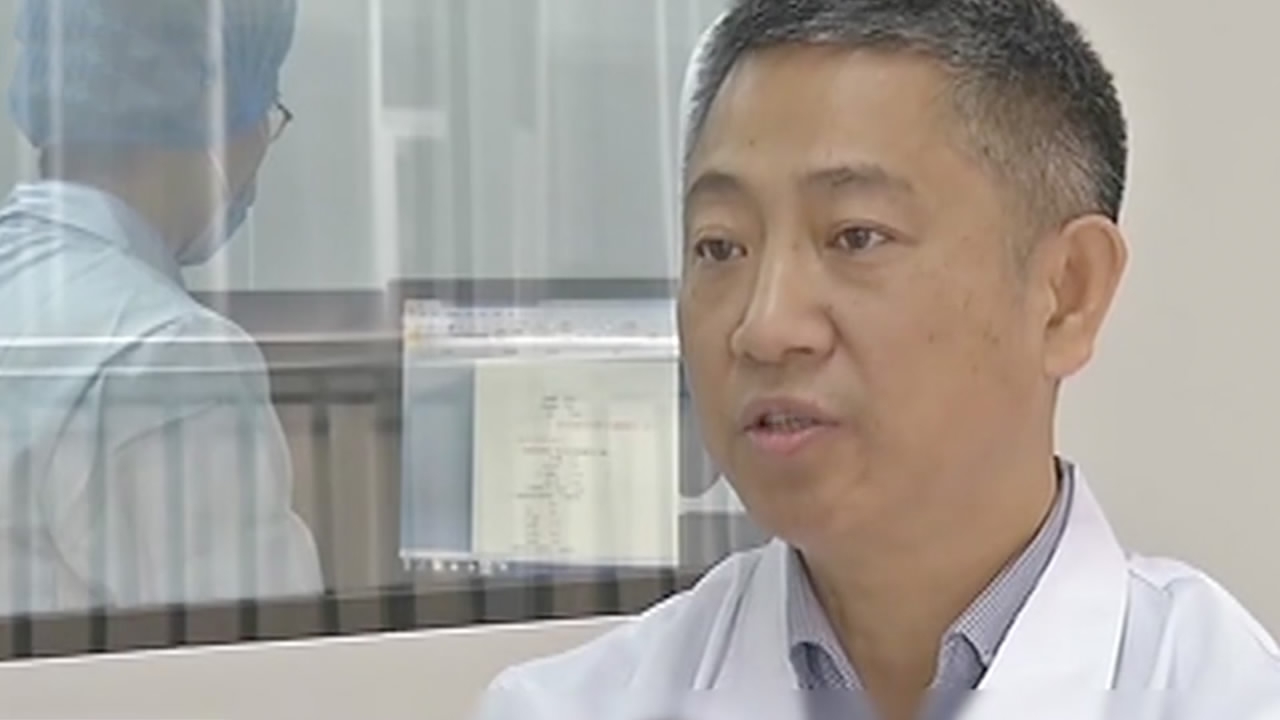
Tech & Sci
22:32, 28-Dec-2017
China launches massive genome research initiative
By Su Yuting

China recently launched a large-scale genome initiative called the "100,000 Genomes Project."
The project is the first major national plan in the field of human genome research. It will cover major regions in the country, including nine ethnic minorities such as the Zhuang and the Hui, which have a population of five million or more, in addition to the majority Han ethnic group.
There are about 25,000 genes in each healthy cell of a person’s body. One set of all these genes is called a genome. Groups of genes can work together along with a huge variety of environmental and other factors to influence a person’s development.

There are about 25,000 genes and everyone has a complete set of genes in almost every healthy cell in the body. /VCG Photo
There are about 25,000 genes and everyone has a complete set of genes in almost every healthy cell in the body. /VCG Photo
Since inherited diseases can be passed down from one generation to the next, scientists hope to study genome-wide variation of large-scale samples of people, Chinese in this case, to better understand the role of genes in health and disease.
"Its main goal is to study how Chinese people transform from healthy to ill, environmental impacts, the interactions between environmental factors and genes, and its influence on people's health. The study is aimed to provide references for medical research or clinical diagnosis and treatment of diseases in China," said Wang Yadong, chief scientist of the "100,000 Genomes" project.

Wang Yadong, chief scientist of 100,000 genomes project /CGTN Photo
Wang Yadong, chief scientist of 100,000 genomes project /CGTN Photo
“By learning more about genetics, which is closely related to the Chinese people's diseases and health, this project will offer us Chinese people, including the Han ethnic group and many other ethnic minority groups, great benefits," said Zhao Guoping, director of the National Human Genome South Research Center.
The entire process of sequencing and analysis for the project is scheduled to be completed within four years. Experts said it will also be the fastest-developing genome project in the world.

SITEMAP
Copyright © 2018 CGTN. Beijing ICP prepared NO.16065310-3
Copyright © 2018 CGTN. Beijing ICP prepared NO.16065310-3